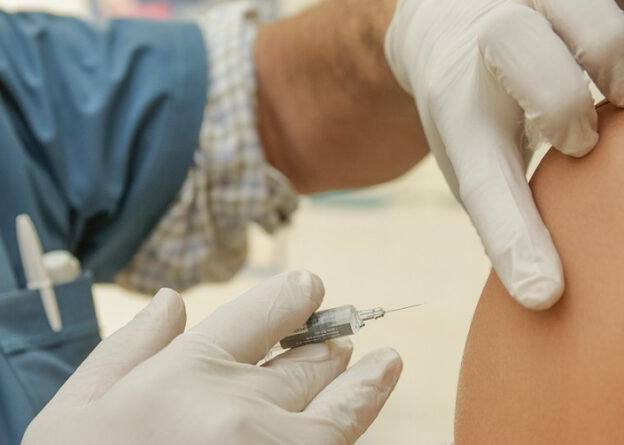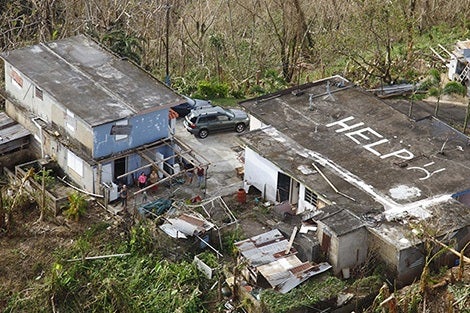Overview
Jennifer Leaning MD SMH is Senior Research Fellow at the Harvard FXB Center for Health and Human Rights at Harvard University, having served for nine years as Director of the Center from 2010-2018. She is a retired Professor of the Practice at the Harvard Chan School of Public Health (25 years) and retired faculty member of Harvard Medical School (28 years). From 2005-2010 she served for five years as co-founder and co-director of the Harvard Humanitarian Initiative at Harvard University.
Her research interests focus on issues of public health in war, international human rights and humanitarian law, and forced migration in conflict and climate change. She has field experience in assessment of these issues in a range of crisis situations (including Afghanistan, the African Great Lakes area, Albania, Angola, Bangladesh, the Chad-Darfur border, Israel-Palestine, Kosovo, Lebanon, Russia, Somalia, and Soviet Georgia) and has written widely on these issues, including preparation of reports and policy briefs to US and UN agencies, the International Criminal Court, and major NGOs.
She is the lead editor of two books (on nuclear war and humanitarian crises) and most recently of The 1947 Partition of British India: Forced Migration and its Reverberations. She has served on many boards in the U.S. and internationally, including now as a member of the Steering Committee of the Lakshmi Mittal and Family South Asia Institute at Harvard University, the Steering Committee of the Global Action Against Mass Atrocity Crimes (GAAMAC), and the Lancet-Palestinian Health Alliance.


